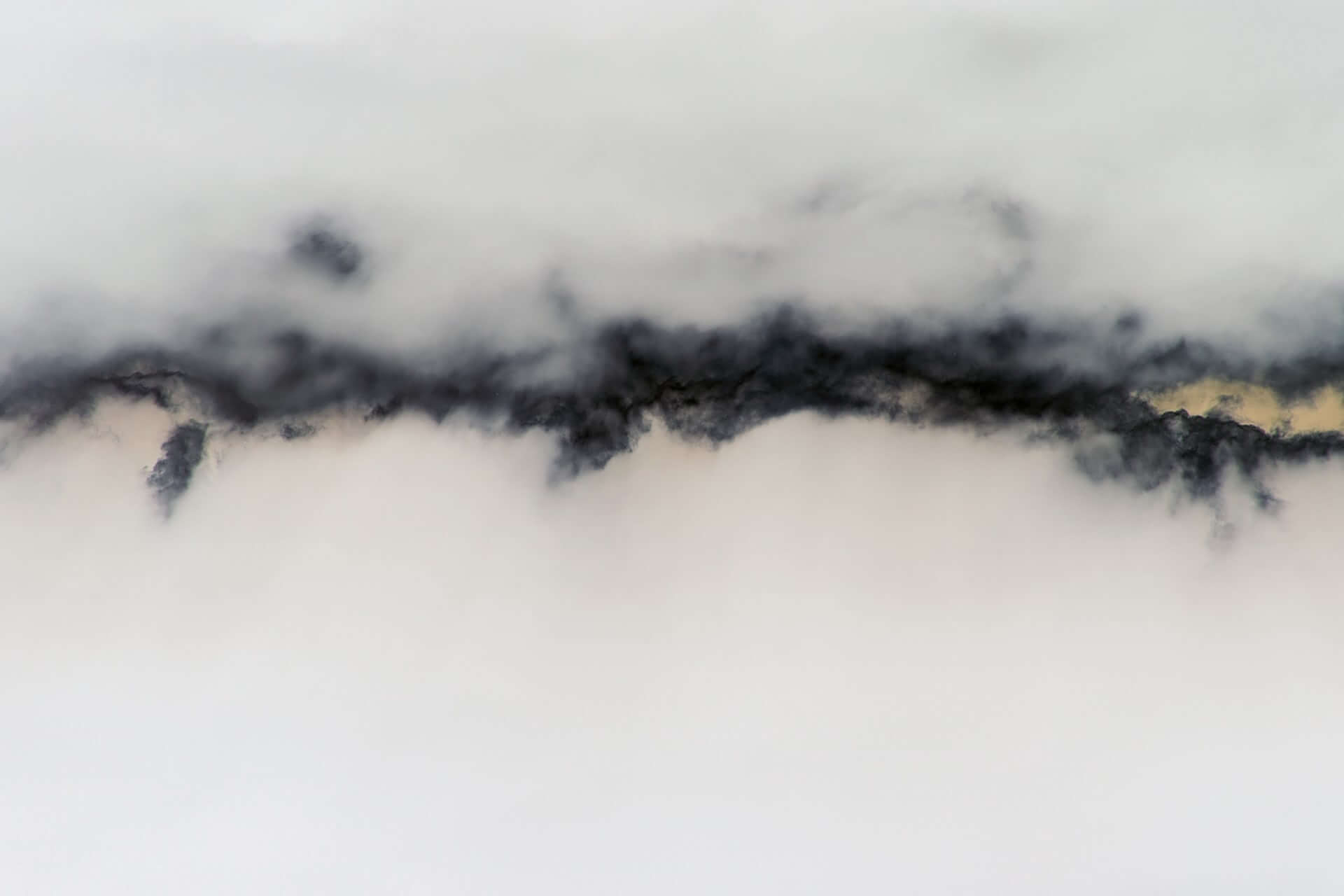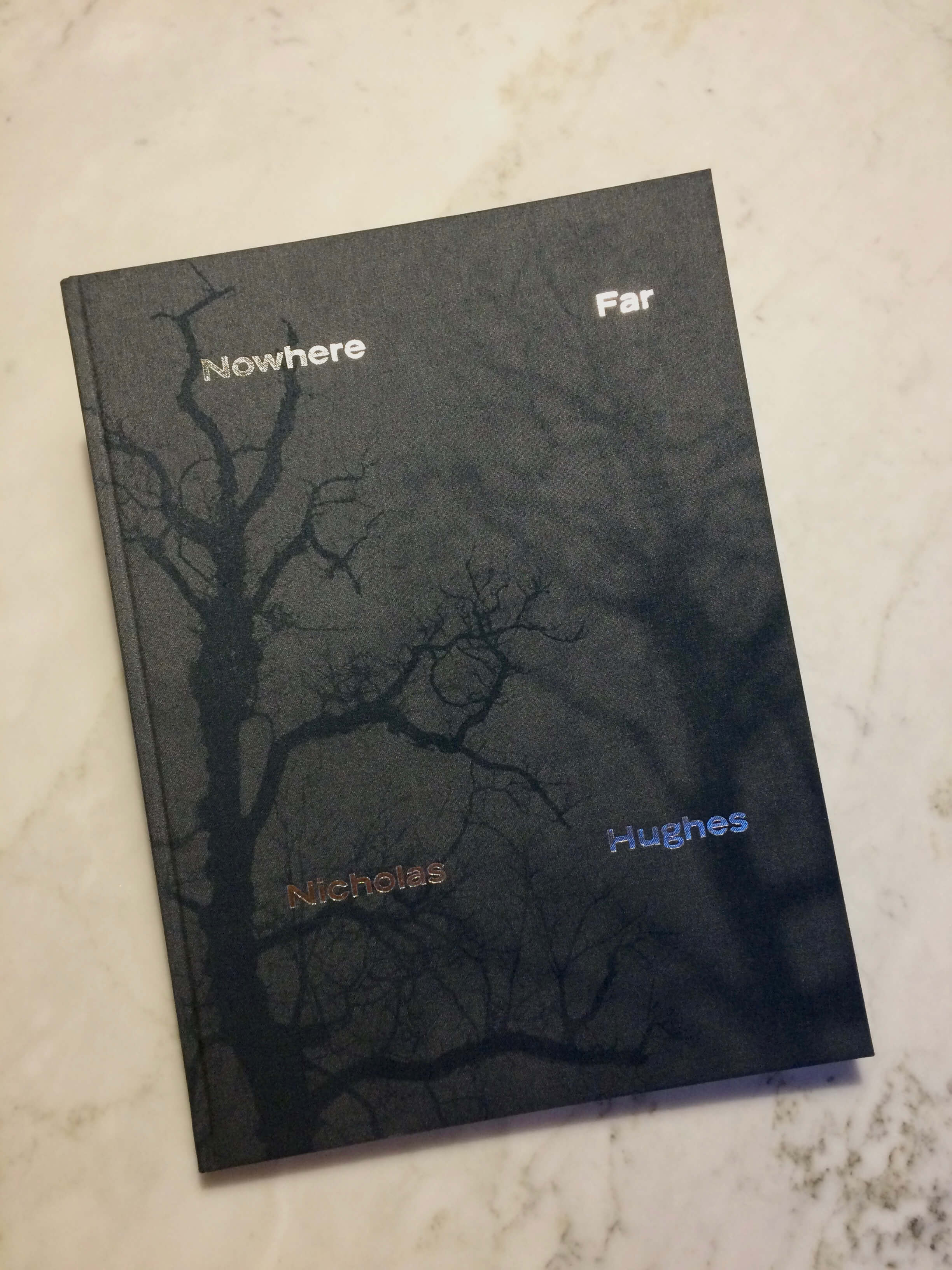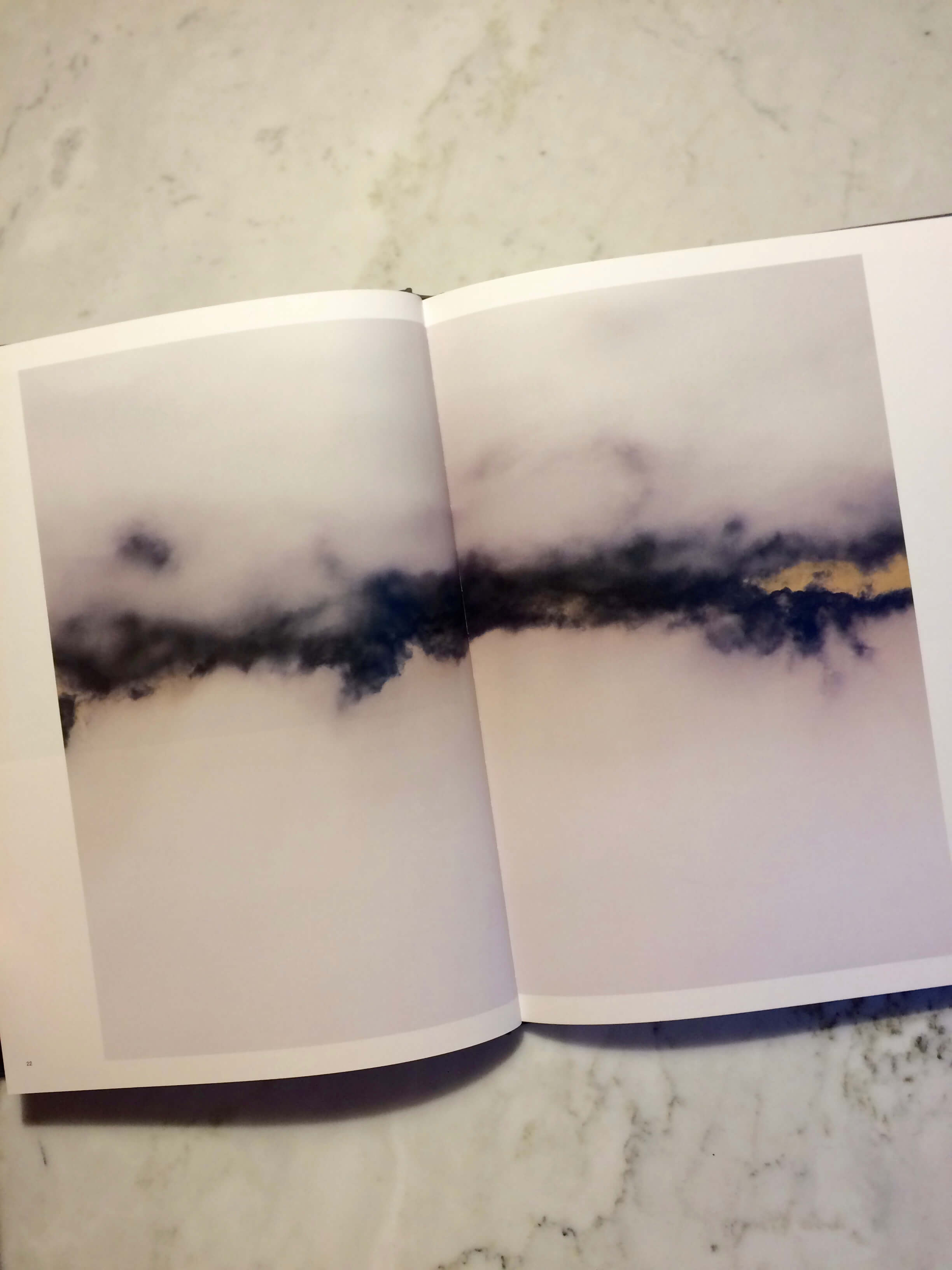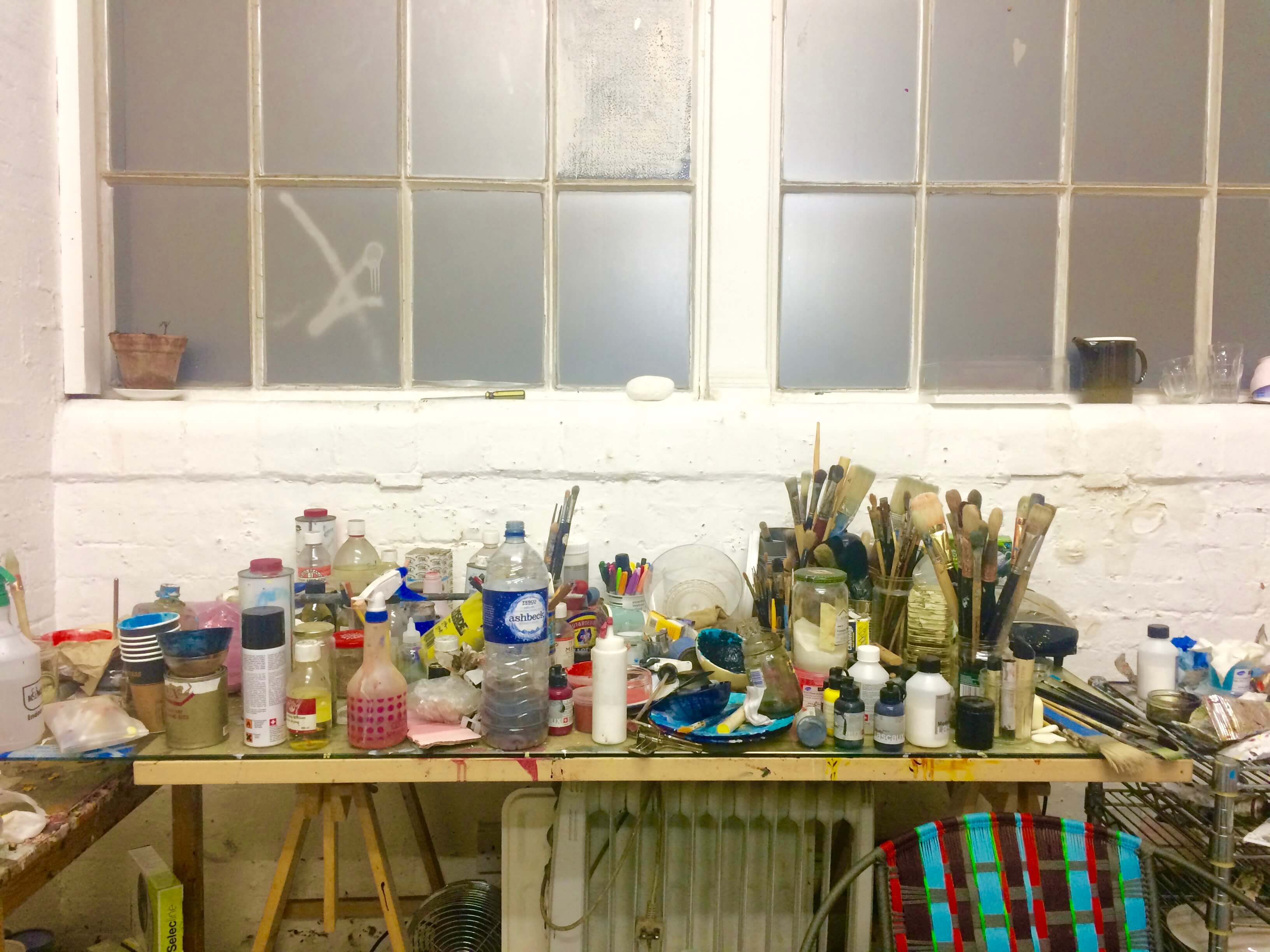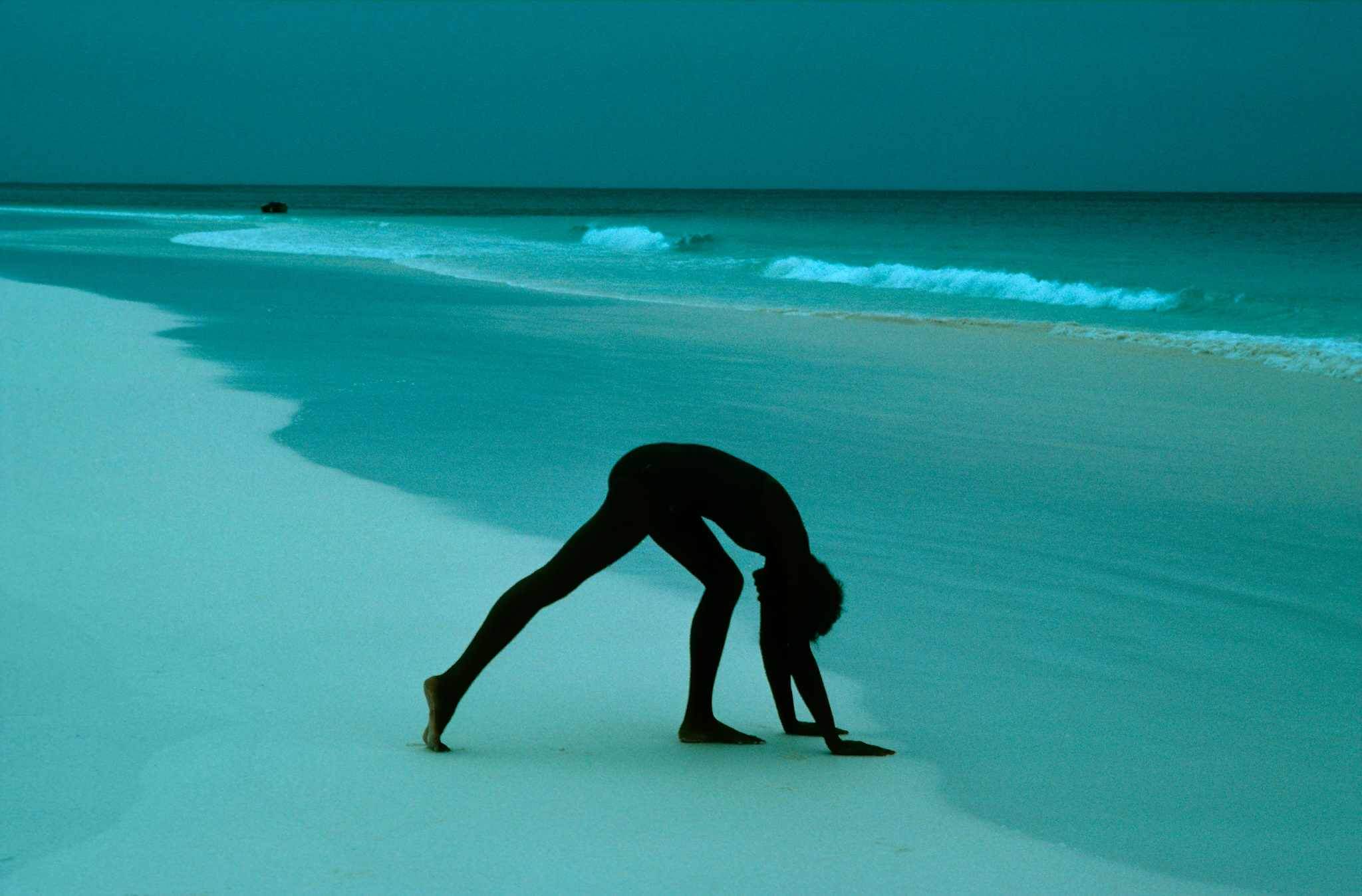Nowhere Far is Nicholas Hughes’ first monograph, presenting a selection of work from the past 15 years. It is hard to compete with his large-scale sublime and haunting photographs but the book brings intimacy to the work and the selection is tight, taking the viewer from existential undertones in nature’s vastness to silence and serenity.
I interviewed Nicholas (b.1963, UK) seven years ago. I revisited our conversation where I learnt about the walks in Cornwall and his favouring of analog to take photographs but embracing digital scans of the negatives to achieve higher quality of image layering.
“I would need to take you for a walk to the woods in Cornwall” is his response to my request to meet him in the studio, and essentially that defines his working routine and his practice. Concerned about the environment, Hughes explains that he does not like the idea of flying miles away to photograph the exotic. He prefers to revisit locations that are familiar to him and that he connects with on a personal level.
“I am interested in those locations that my eyes are so familiar to that make me able to twist them to my own sense.”
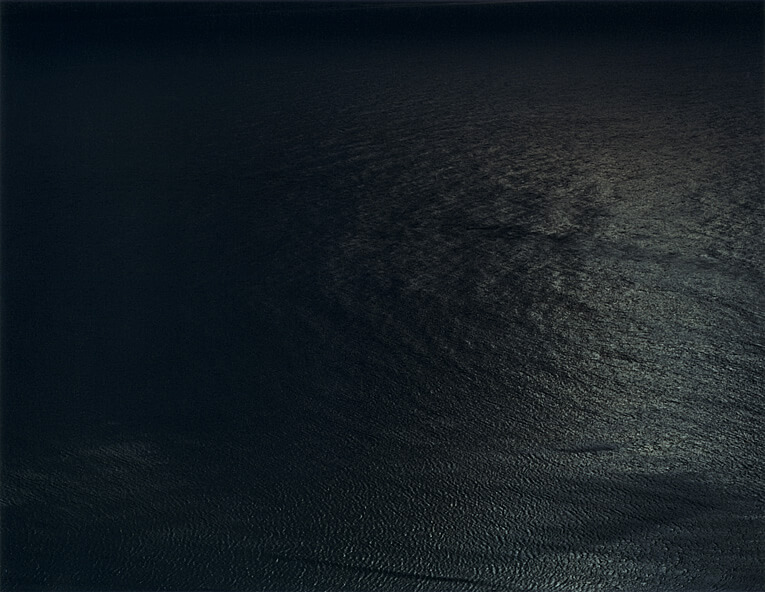
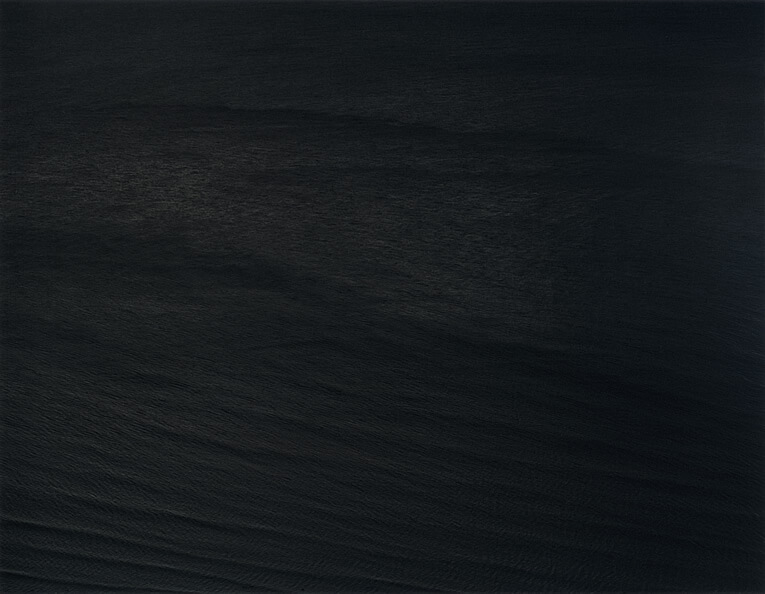
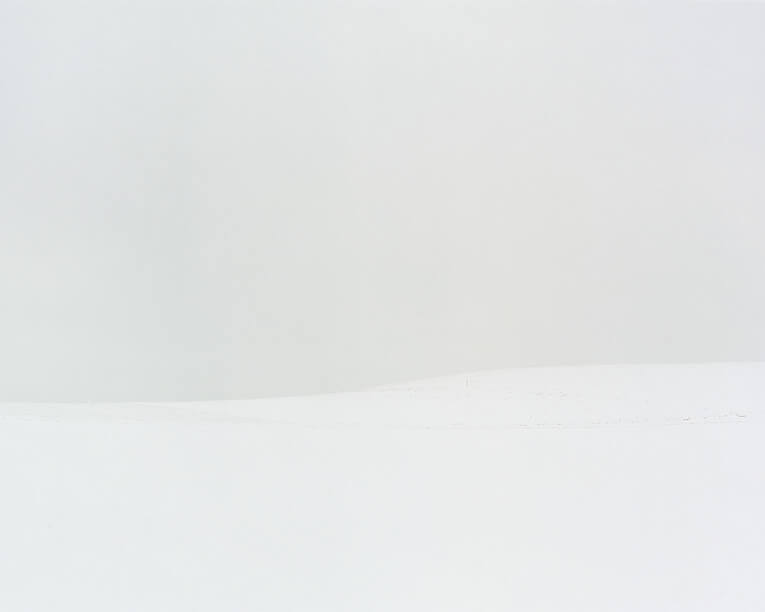
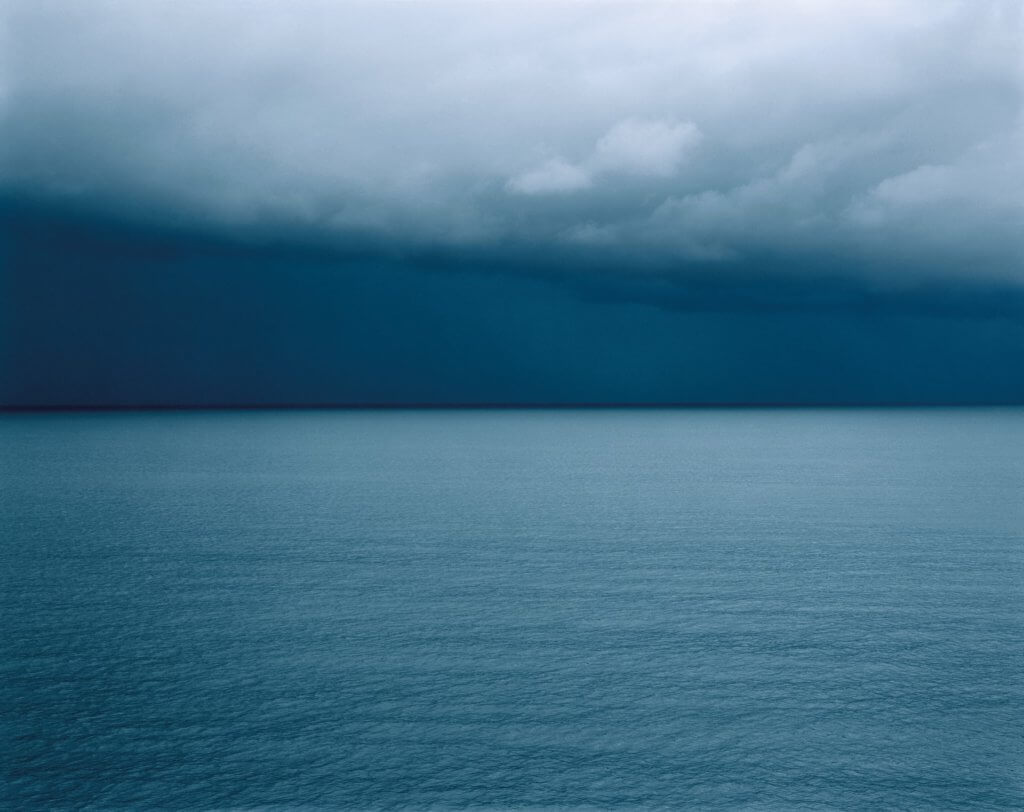
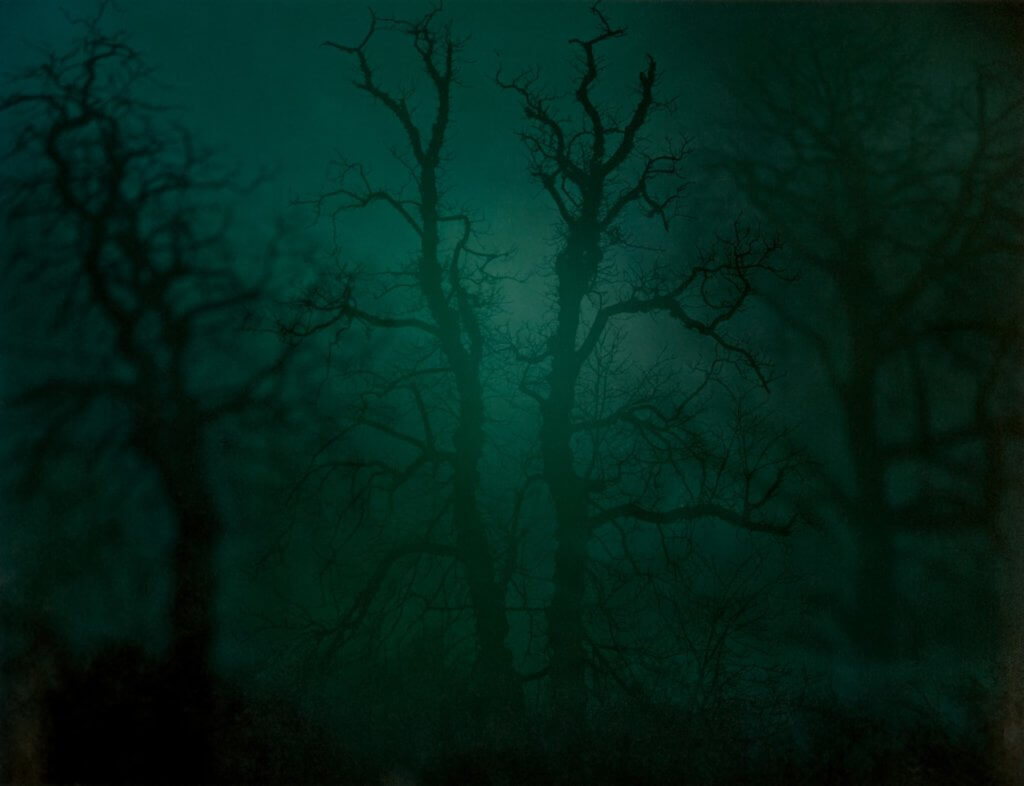
By building up layers of densities and burning or examining the negative and reshooting before stepping into the dark room, Hughes intends to convey an image that he has in his mind. Beyond the beautified and framed landscape, Hughes catches a sublime and unexpected moment. His body of work over 15 years uses light to a dramatic and overwhelming effect. The water ripples at sea, the ghostly blurred branches in the forest and the abstract mist in the horizon create a theatrical interpretation of nature.
The monochromatic series, playing with much nuanced hues, the blurring between ground and horizon and the limitless sea lure us to pause and reconsider the very idea of the natural environment and our relationship with it. The time the photographer spends with his subject matter translates as a bond between him and the landscape.
“As individuals, we live for a short time and we break down. Our existence is so critical but the universe will continue regardless of what we do and if we are here or not. What we are and what remains are particles of dust and light.”
Disheartening or liberating but a fact. These transcendental and metaphysical ideas enact a memento mori. We live in a world concerned about identity, our image and self-representation. Our sense of self-importance and individuality is disproportionate. Our attention span, challenged by constant distractions. To find a window that draw us out of ourselves is a merit on its own.

